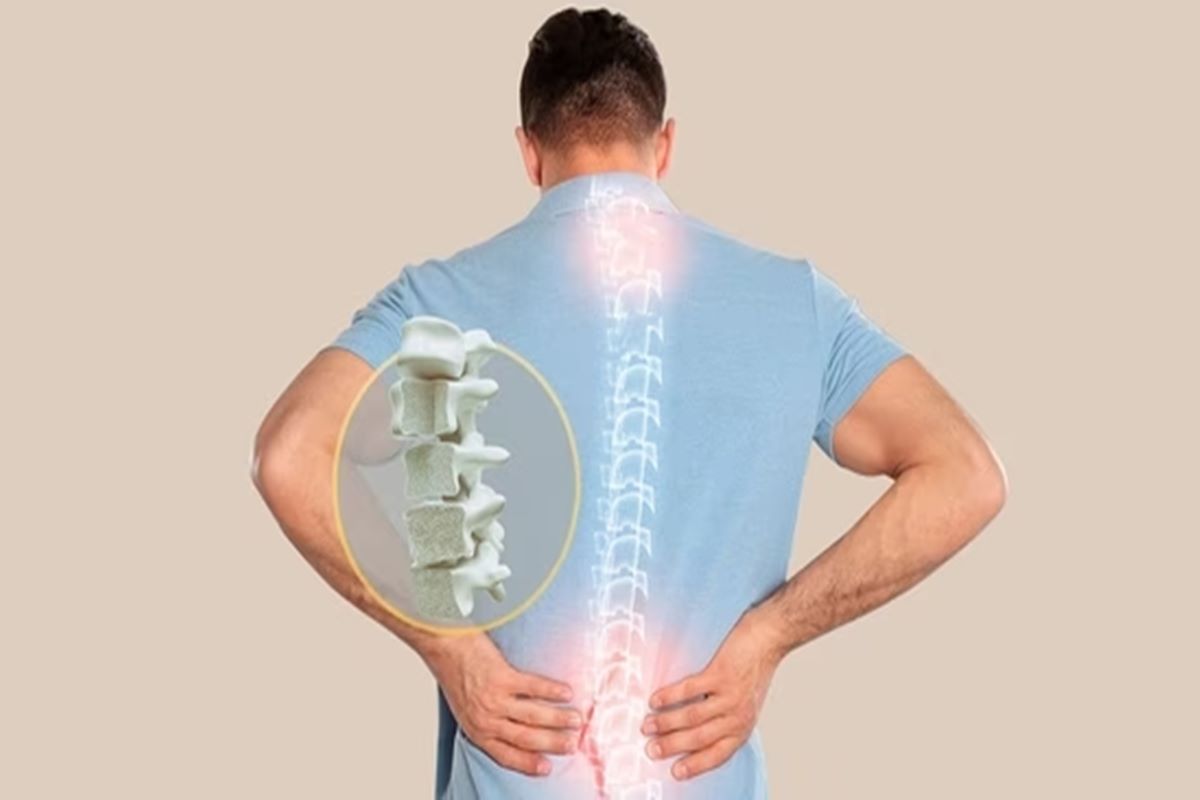How to wrap up your Sunday for a strong start to your Monday
Discover how simple Sunday habits can transform your Monday productivity. Get ready to conquer the week ahead!
Elevate your well-being with optimal calcium levels. Discover the key to stronger bones and overall vitality. Unlock a healthier you today.

In the pursuit of overall well-being, maintaining adequate calcium levels in the body has emerged as a critical factor for maintaining strong bones and supporting various physiological functions. Recent research and expert insights shed light on the significance of this essential mineral and the strategies to ensure optimal calcium health.
Calcium is a mineral renowned for its pivotal role in bone health, teeth strength, and proper functioning of muscles and nerves. It plays a crucial role in blood clotting and cardiovascular health, making it an indispensable element for overall wellness.
Experts recommend a daily calcium intake that varies with age, sex, and life stage. Infants, children, teenagers, and older adults have different requirements, emphasizing the need for a personalized approach to calcium consumption.
Advertisement
While supplements are available, incorporating calcium-rich foods into one’s diet remains the most effective way to ensure the body receives an adequate supply. Dairy products like milk, cheese, and yogurt are well-known sources, but leafy greens, fortified cereals, nuts, and seeds also contribute significantly.
The body’s ability to absorb calcium is closely linked to vitamin D. Spending time in sunlight helps the skin produce vitamin D, a crucial co-factor in calcium absorption. Foods such as fatty fish, egg yolks, and fortified products are also good sources of vitamin D.
Certain lifestyle choices can affect calcium levels. Regular weight-bearing exercises, such as walking and strength training, promote bone health by stimulating calcium absorption. Conversely, excessive caffeine, alcohol, and smoking may interfere with calcium absorption and contribute to bone density loss.
Insufficient calcium intake can lead to various health issues, including osteoporosis, a condition characterized by fragile bones prone to fractures. Recognizing the symptoms of calcium deficiency, such as muscle cramps, numbness, and brittle nails, is crucial for early intervention.
Individual calcium needs vary, and consulting with a healthcare professional is essential to tailor recommendations based on specific health conditions, medications, and lifestyle factors.
In conclusion, prioritizing calcium intake through a well-balanced diet, sun exposure, and a healthy lifestyle is key to maintaining robust bone health and overall well-being. As awareness grows about the importance of calcium, individuals are empowered to take proactive steps toward a healthier, more resilient skeleton.
Also Read: Winter wellness: Smart tips for balanced blood sugar
Advertisement